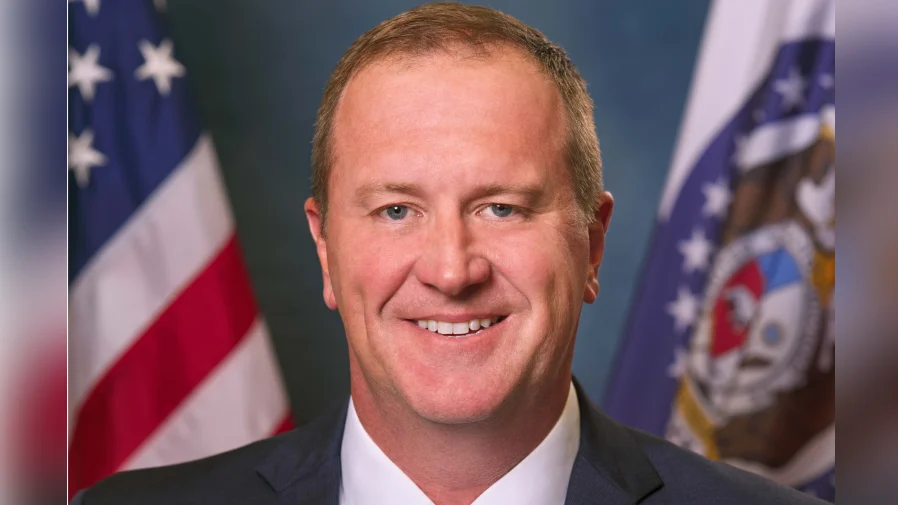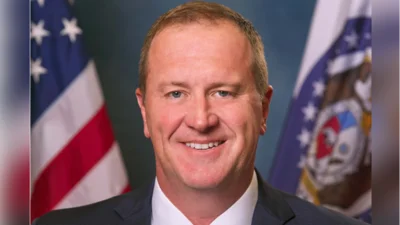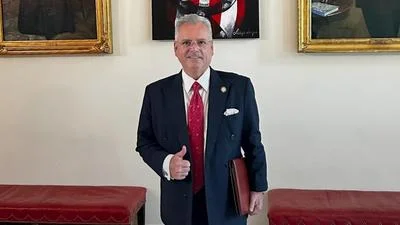Senator Eric Schmitt | U.S. Senator Eric Schmitt
Senator Eric Schmitt | U.S. Senator Eric Schmitt
Senator Eric Schmitt recently commented on a federal appeals court case through a series of posts on his X (formerly Twitter) account, focusing on the use of the Congressional Review Act (CRA) to repeal regulations and the subsequent judicial interpretation of new regulatory rules.
On August 18, 2025, Senator Schmitt outlined the background of the case: "So what happened in this federal appeals court case? The story starts in 2017 when President Trump and congressional Republicans used the CRA to repeal Obama-era regulations--saving billions of $$ in regulatory costs and millions of paperwork-hours." The CRA allows Congress to overturn federal agency rules within a specific timeframe after they are finalized. In 2017, it was used extensively by Republican lawmakers and President Trump to roll back regulations enacted during President Obama's administration.
In a follow-up post made moments later, Schmitt addressed the court's reasoning: "Under the court's logic, the repealed rule and the new rule were not 'substantially the same' because the repealed rule covered subjects A+B while the new rule only covered A. A simple example shows the absurdity of the court's reasoning."
He continued by describing how two judges from the Sixth Circuit Court—appointed by Presidents Obama and Biden—interpreted whether a newly issued regulation could be considered "substantially similar" to one previously repealed under CRA authority. On August 18, he wrote: "But two 6th Circuit appeals court judges (an Obama appointee and a Biden appointee) upheld the rule. They said the new rule wasn't 'substantially the same' as the repealed rule because the new rule covered only SOME of the issues that the old rule did. Let's break that down."
The Congressional Review Act was passed in 1996 as part of an effort to increase legislative oversight over federal agency actions. It has been invoked more frequently since 2017, especially following changes in party control between presidential administrations.






 Alerts Sign-up
Alerts Sign-up